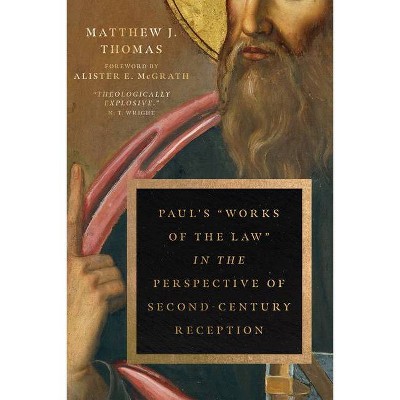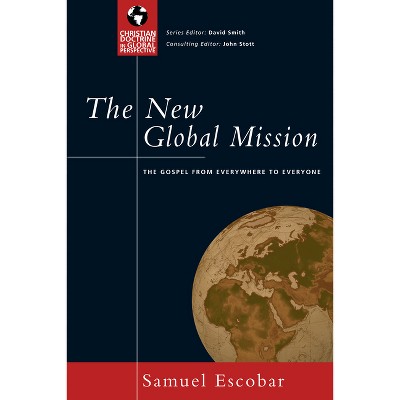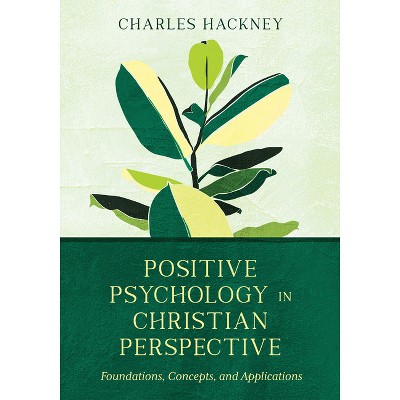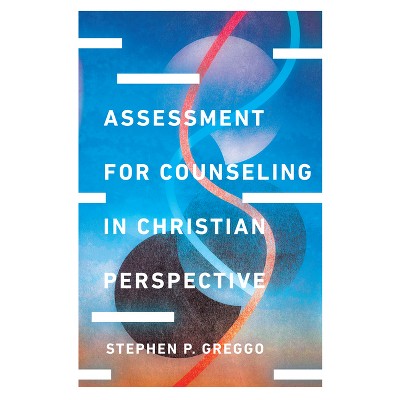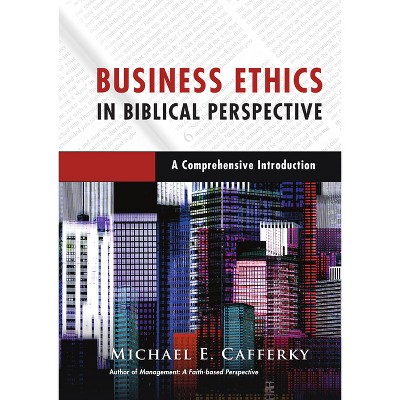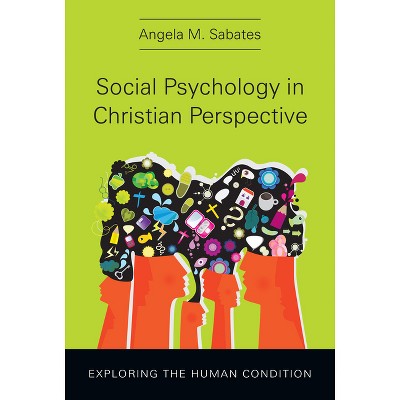About this item
Highlights
- The debate between proponents of the old and new perspectives on Paul has been followed closely over the years, consolidating allegiances on either side.
- About the Author: Garwood P. Anderson (PhD, Marquette University) is professor of New Testament and Greek at Nashotah House Theological Seminary.
- 457 Pages
- Religion + Beliefs, Biblical Studies
Description
About the Book
The debate between the old and new perspectives on Paul has reached a stalemate. But what if Paul's own theological perspective developed over time? Starting with the teaser that "both 'camps' are right, but not all the time," Garwood Anderson unfolds a new proposal for overcoming the deadlock, infusing new energy into the quest for understanding Paul's mind and letters.
Book Synopsis
The debate between proponents of the old and new perspectives on Paul has been followed closely over the years, consolidating allegiances on either side. But the debate has now reached a stalemate, with defectors turning to apocalyptic and other solutions. Garwood Anderson recounts the issues and concludes that "both 'camps' are right, but not all the time." And with that teaser, he rolls up his exegetical sleeves and proceeds to unfold a new proposal for overcoming the deadlock. But in a field crowded with opinions, could anything new emerge? Anderson's interaction with Paul and his interpreters is at the highest level, and his penetrating and energetic analysis captures attention. What if Paul's own theological perspective was contextually formed and coherently developed over time? Have we asked justification to carry a burden it was never meant to bear? Would fresh eyes and a proper sequencing of Paul's letters reveal Paul's own new perspective? Might we turn a corner and find a bold and invigorating panorama of Pauline soteriology? This is a Pauline study worthy of its great theme, and one that will infuse new energy into the quest for understanding Paul's mind and letters.
Review Quotes
"In the labyrinth of interminable discussions about Paul and his views on the interrelated matters of salvation, the law, covenant, grace, faith, Judaism, and early Christianity, we finally, finally have a fair and balanced guide through the new and old perspective maze. Garwood Anderson's Paul's New Perspective should be on the top of everyone's reading list. It is clear, fair, and sees the merits of both sides of the argument. It does not caricature anyone's views and it comes to sane, sober, and convincing conclusions time after time. Highly recommended."
--Ben Witherington III, Amos Professor of New Testament for Doctoral Studies, Asbury Theological Seminary, Scotland, author of The Paul Quest and New Testament Theology and Ethics"This book will be of value to Pauline scholars who are invested in the TPP and the NPP, as well as new Pauline readers who desire to gain a 'lay of the land.'"
--Shawn J. Wilhite, Journal of the Evangelical Theological Society, December 2017About the Author
Garwood P. Anderson (PhD, Marquette University) is professor of New Testament and Greek at Nashotah House Theological Seminary. He formerly taught at Asbury Theological Seminary, following almost two decades of campus ministry with InterVarsity Christian Fellowship/USA in the Upper Midwest.
Shipping details
Return details
Trending Poetry







